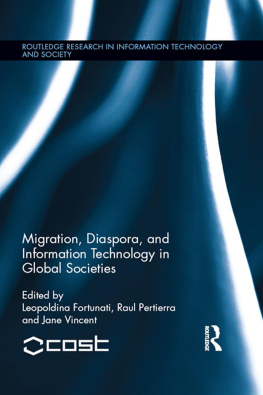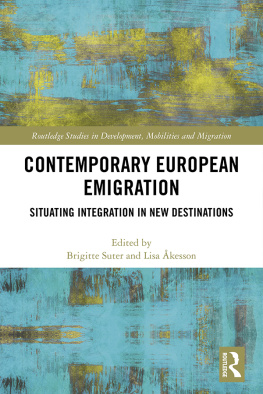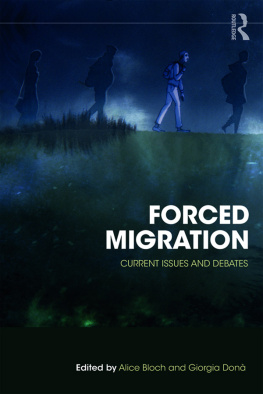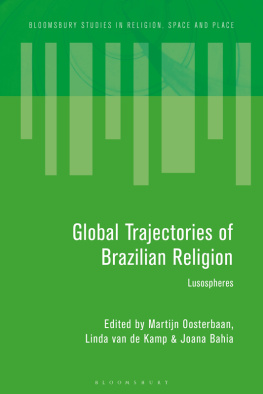Heike Mónika Greschke - Is There a Home in Cyberspace?: The Internet in Migrants Everyday Life and the Emergence of Global Communities
Here you can read online Heike Mónika Greschke - Is There a Home in Cyberspace?: The Internet in Migrants Everyday Life and the Emergence of Global Communities full text of the book (entire story) in english for free. Download pdf and epub, get meaning, cover and reviews about this ebook. year: 2012, publisher: Routledge, genre: Politics. Description of the work, (preface) as well as reviews are available. Best literature library LitArk.com created for fans of good reading and offers a wide selection of genres:
Romance novel
Science fiction
Adventure
Detective
Science
History
Home and family
Prose
Art
Politics
Computer
Non-fiction
Religion
Business
Children
Humor
Choose a favorite category and find really read worthwhile books. Enjoy immersion in the world of imagination, feel the emotions of the characters or learn something new for yourself, make an fascinating discovery.

- Book:Is There a Home in Cyberspace?: The Internet in Migrants Everyday Life and the Emergence of Global Communities
- Author:
- Publisher:Routledge
- Genre:
- Year:2012
- Rating:3 / 5
- Favourites:Add to favourites
- Your mark:
Is There a Home in Cyberspace?: The Internet in Migrants Everyday Life and the Emergence of Global Communities: summary, description and annotation
We offer to read an annotation, description, summary or preface (depends on what the author of the book "Is There a Home in Cyberspace?: The Internet in Migrants Everyday Life and the Emergence of Global Communities" wrote himself). If you haven't found the necessary information about the book — write in the comments, we will try to find it.
How is global togetherness possible? How does the availability of the Internet alter migrants everyday lives and senses of belonging? This book introduces an alien people inhabiting a specific common virtual space in the World Wide Web, while the members of this space - most of them ethnic Paraguayans - are physically located in many different parts of the world.
By developing an innovative and uniquely adequate set of research methods, the author explores the interrelation of media and migration practices in their own right and sheds light not only on the living conditions of contemporary (Paraguayan) migrants, but also on emerging global forms of living together. The concentration on a single case facilitates an in-depth understanding of contemporary migration practices, cultural meanings of digital media and senses of belonging.
The book discusses empirical data, methods and theoretical concepts in a reflexive writing style, allowing readers to follow the research process, and to learn from its choices and challenges which are rarely visible in most research reports. The reflexive research procedure contributes not only to the understanding of social realities in the light of globalization, but also to an advancement of sociological methods and concepts for researching social phenomena in global landscapes and mediatization.
Heike Mónika Greschke: author's other books
Who wrote Is There a Home in Cyberspace?: The Internet in Migrants Everyday Life and the Emergence of Global Communities? Find out the surname, the name of the author of the book and a list of all author's works by series.





